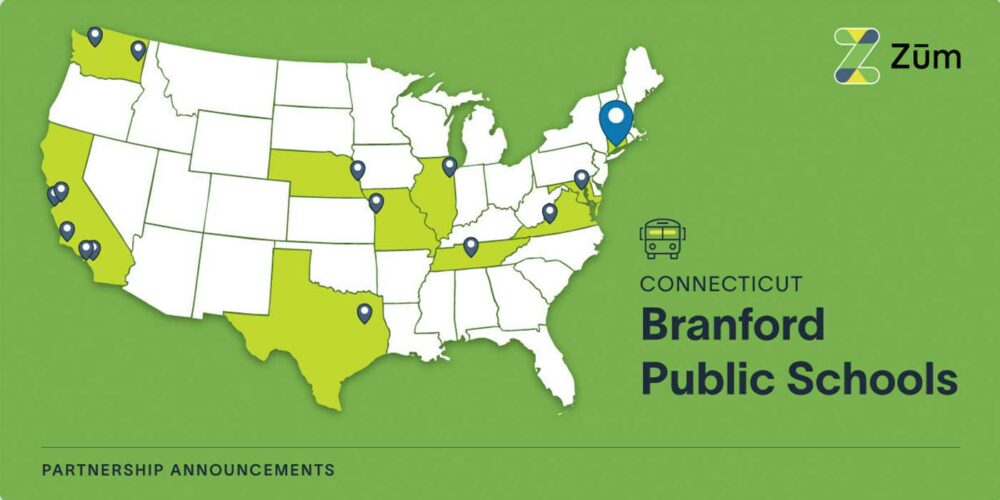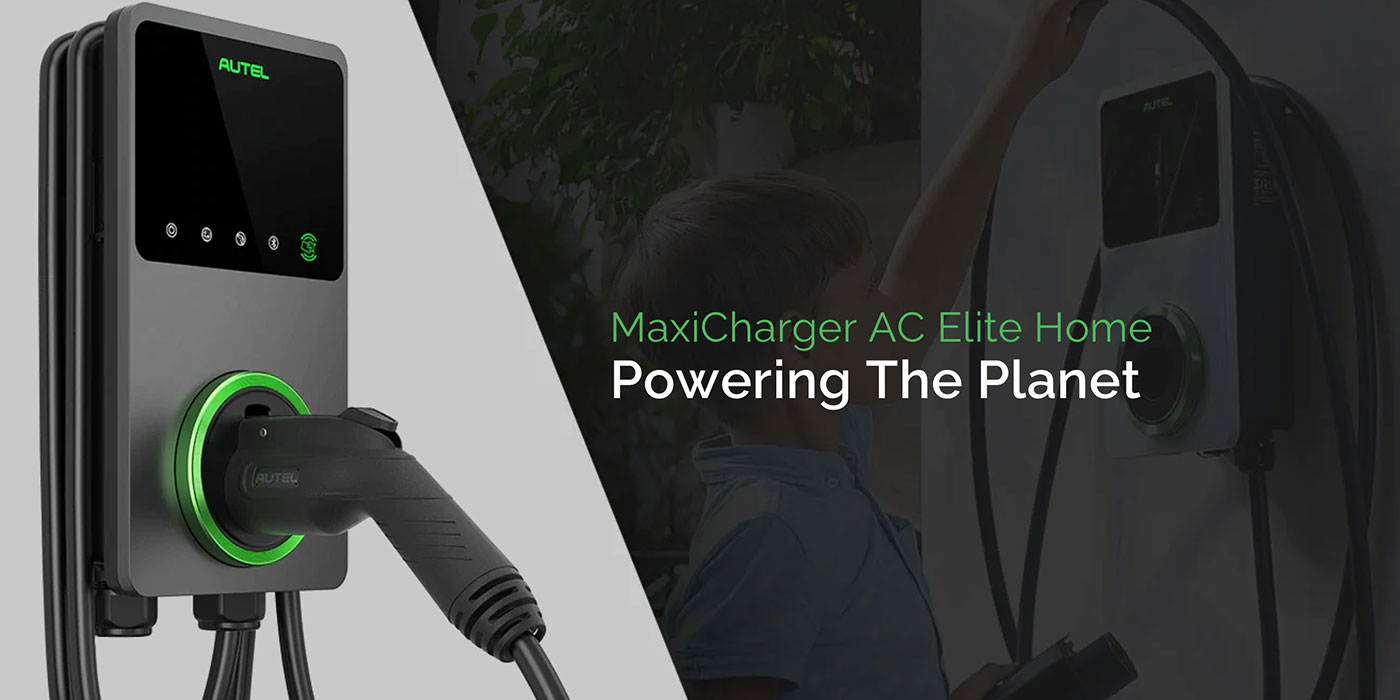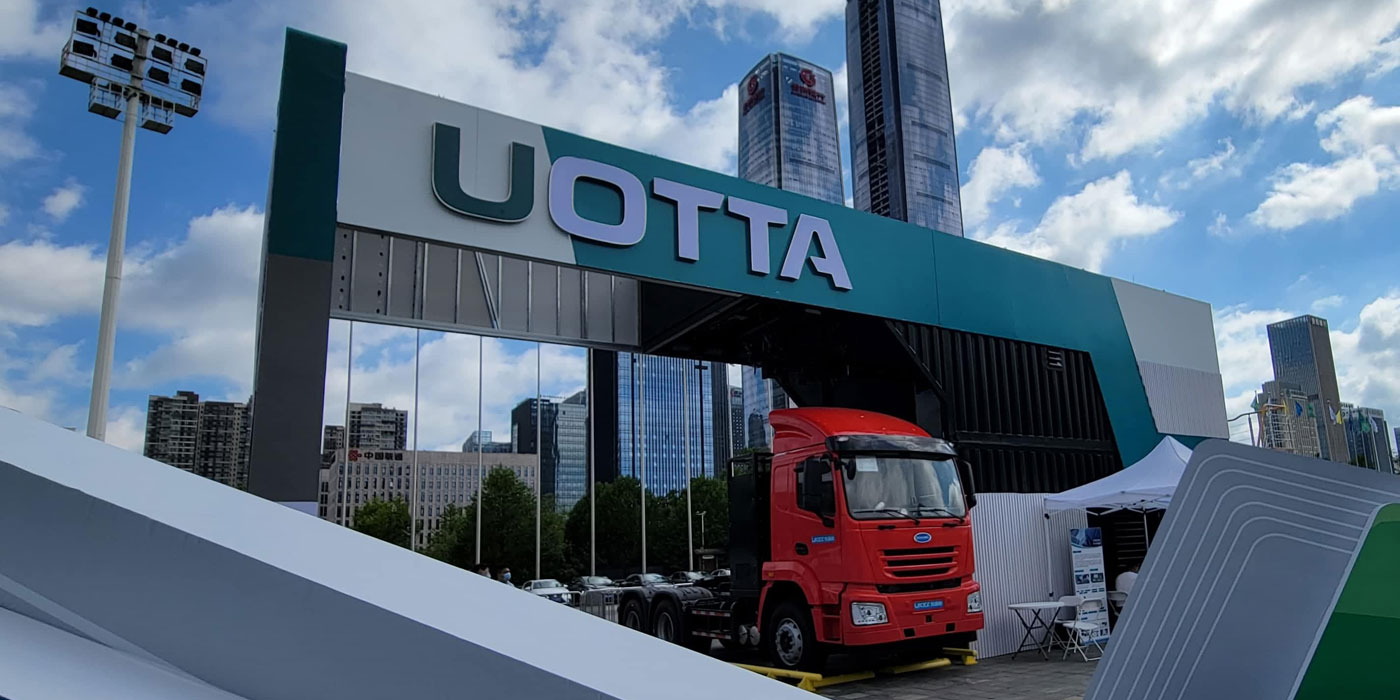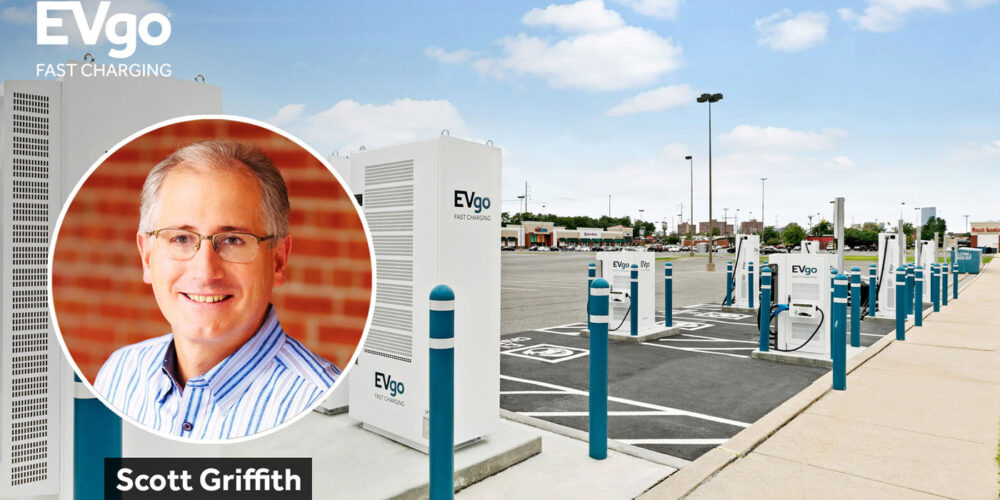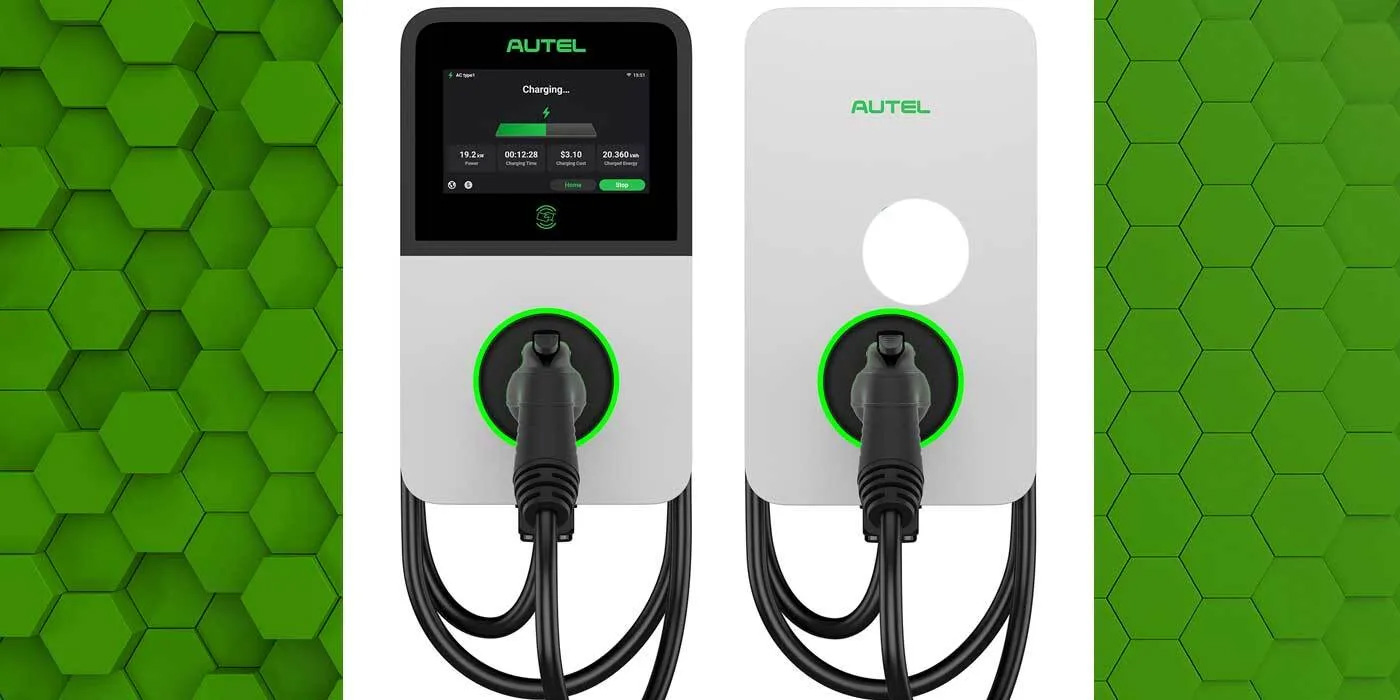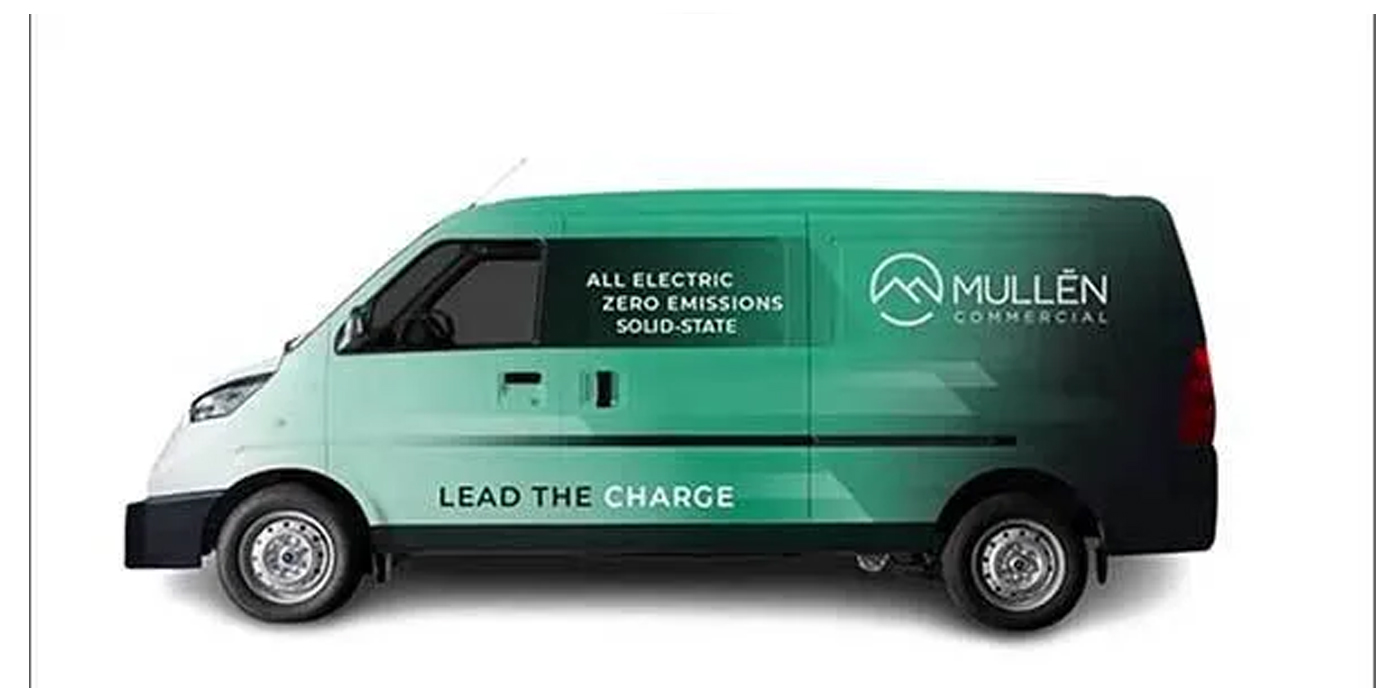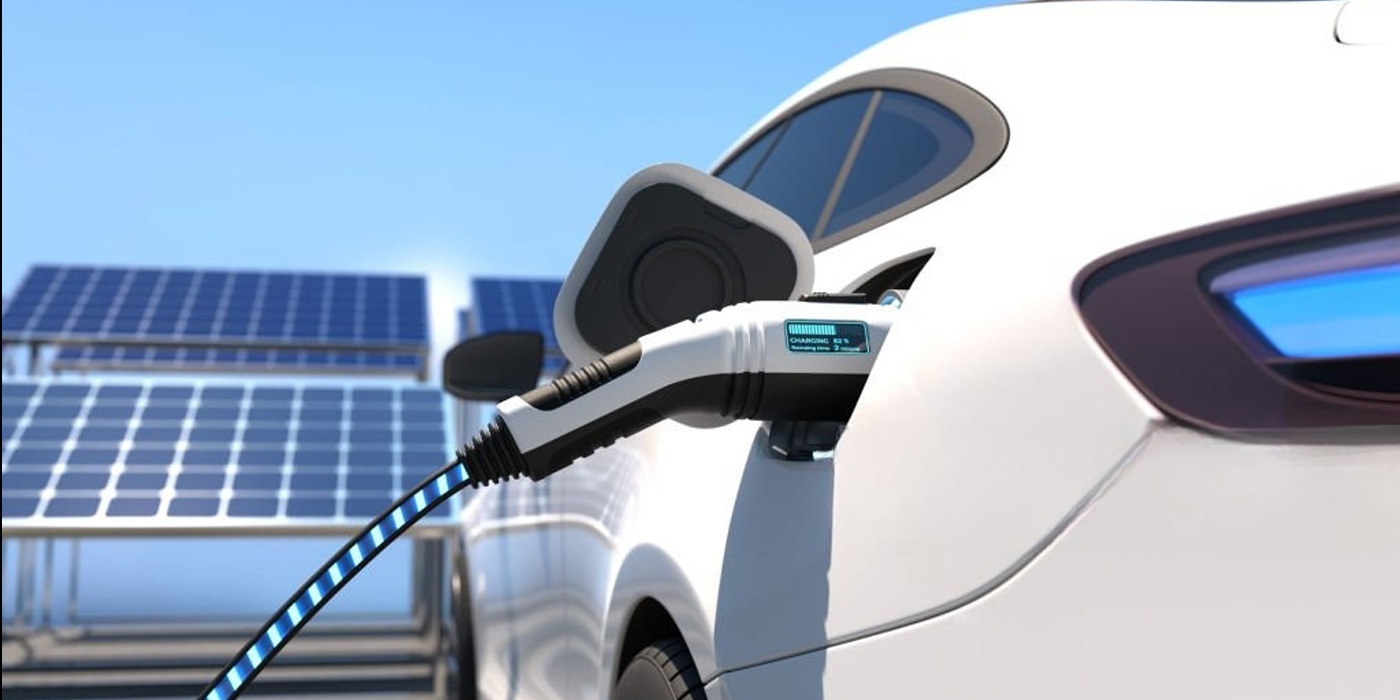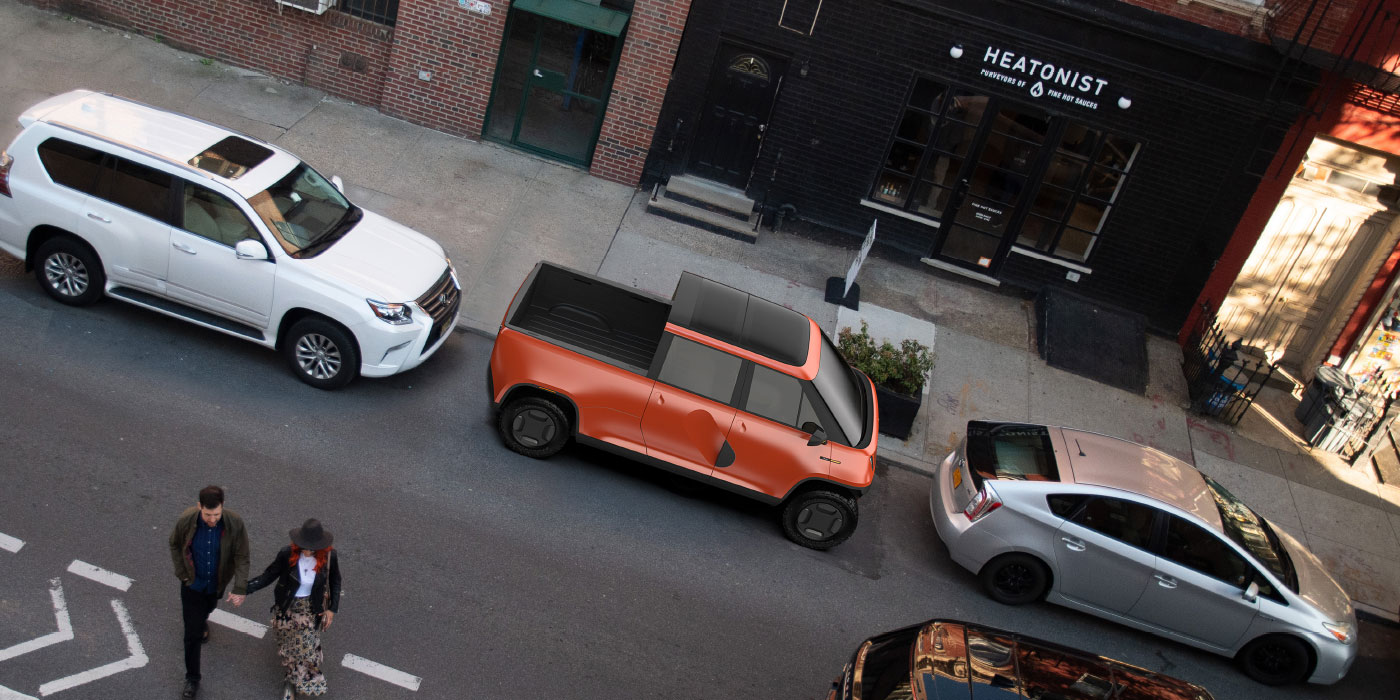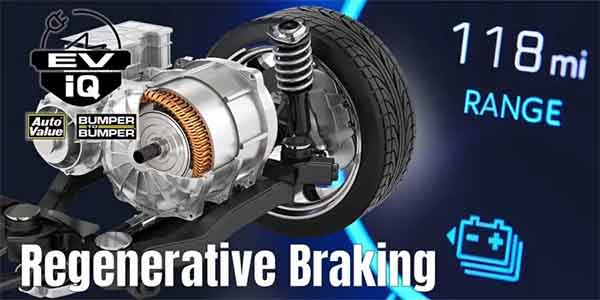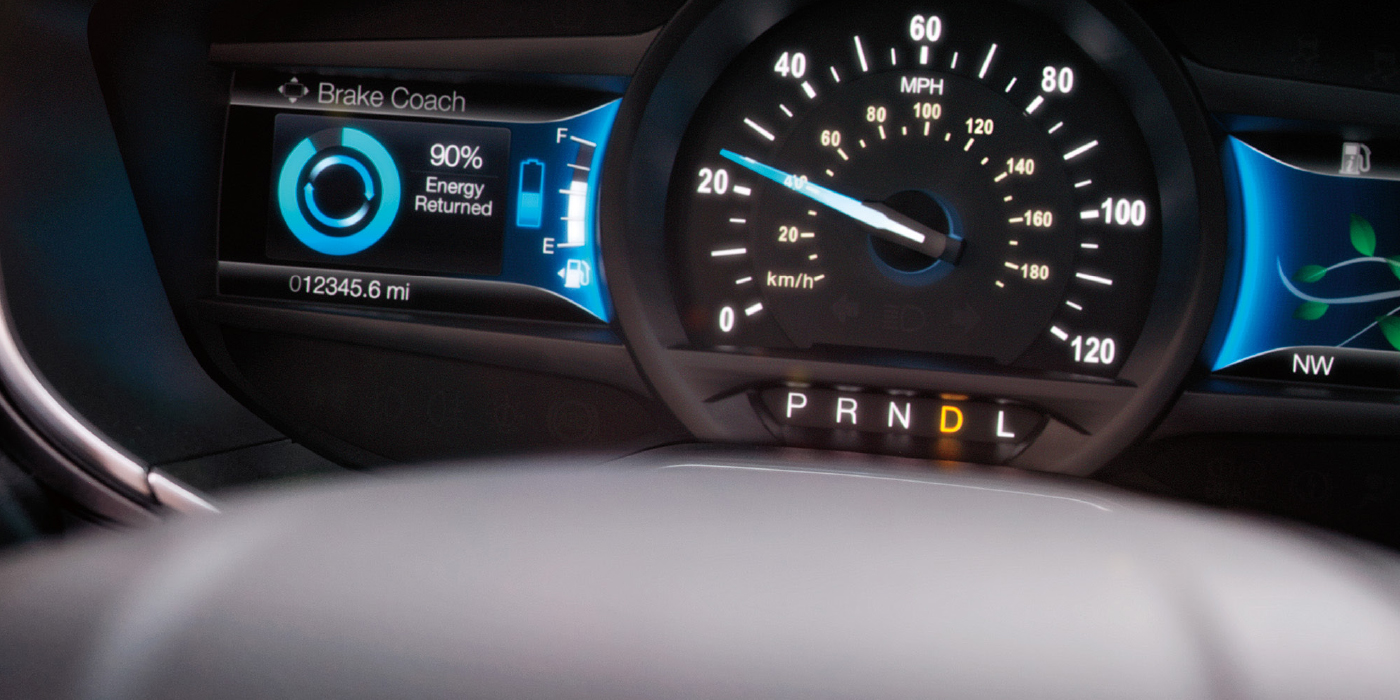Branford Public Schools (BPS) has awarded a $60 million, 10-year transportation contract to Zūm. With this decision, within five years, Zum will transition Branford to a 100% electric school bus fleet, the first in Connecticut.
“Zum is leading the charge for safe, efficient, equitable and sustainable student transportation nationwide, and we are proud to be partnering with Branford’s school community,” said Ritu Narayan, founder and CEO at Zum. “We look forward to working with them starting in the 2024-25 school year and improving the lives of children, families, drivers and school administrators.”
“Student safety is a top priority and safe school transportation is among Zum’s hallmarks of excellence. We are excited to shape the path for our students and community by reducing our carbon footprint as we transition to an electric bus fleet with enhanced communication and technology,” said Superintendent Christopher Tranberg. “This contract is a win-win-win: Not only will our students and families benefit from Zum’s service, our drivers will receive higher wages, work in state-of-the-art facilities and drive brand new school buses. We are thrilled to welcome Zum to Branford and to Connecticut.”
Branford Public Schools marks the first school district in Connecticut to partner with Zum, which already manages and operates student transportation in Massachusetts, Maryland, California, Washington, Texas, Illinois, and Tennessee. This year significant operations will launch in Missouri, Nebraska, Pennsylvania, and Virginia.
Through the Zum app, parents will be able to view a profile of their child’s bus driver, along with real-time tracking and notifications about their school bus location and their child’s pickup or dropoff status. Zum also allows administrators to optimize routes and provides staff with real-time data and performance reports, according to the company.

